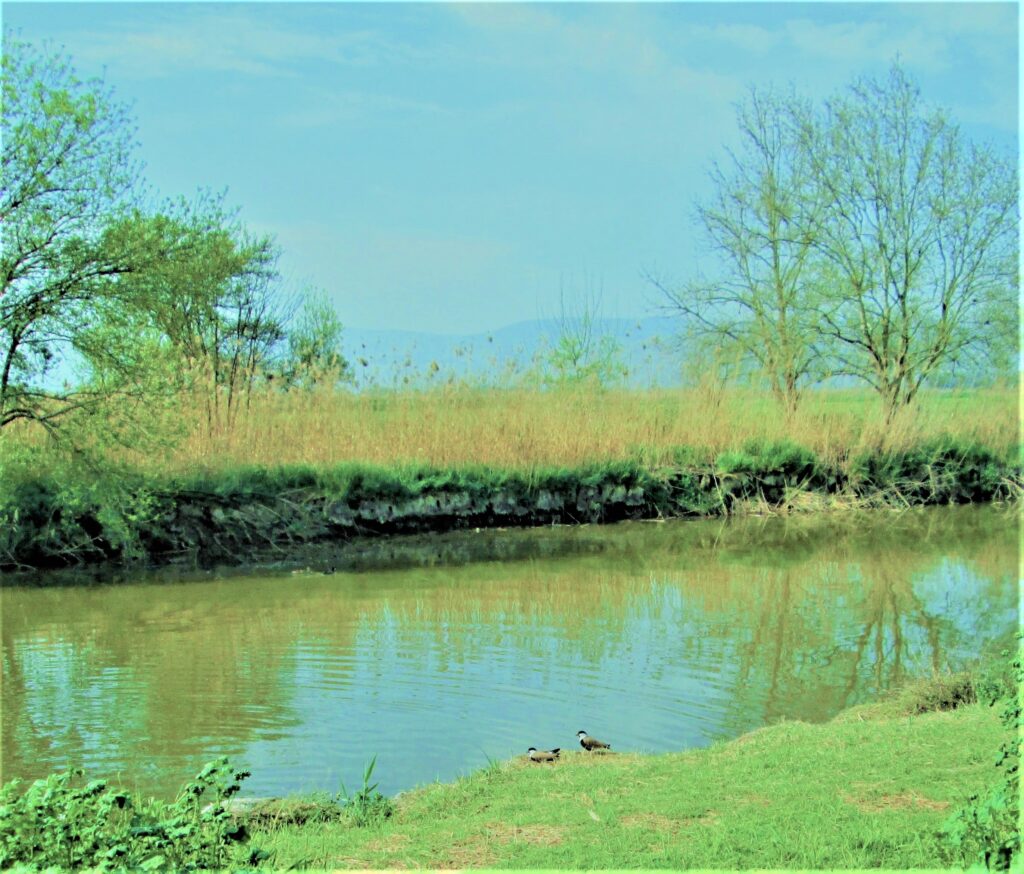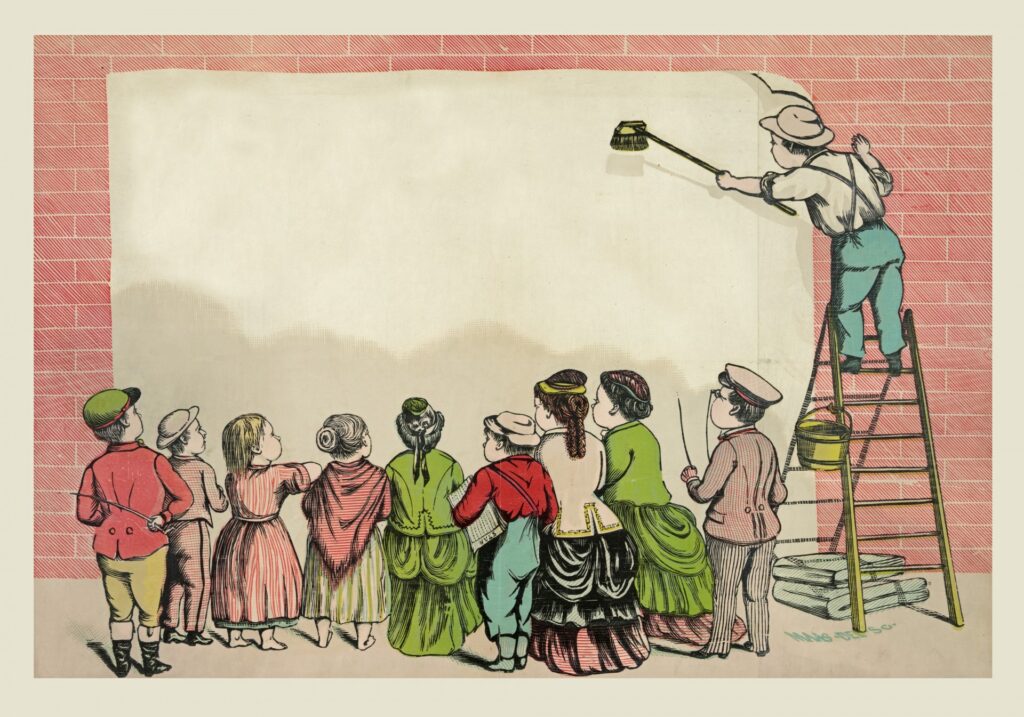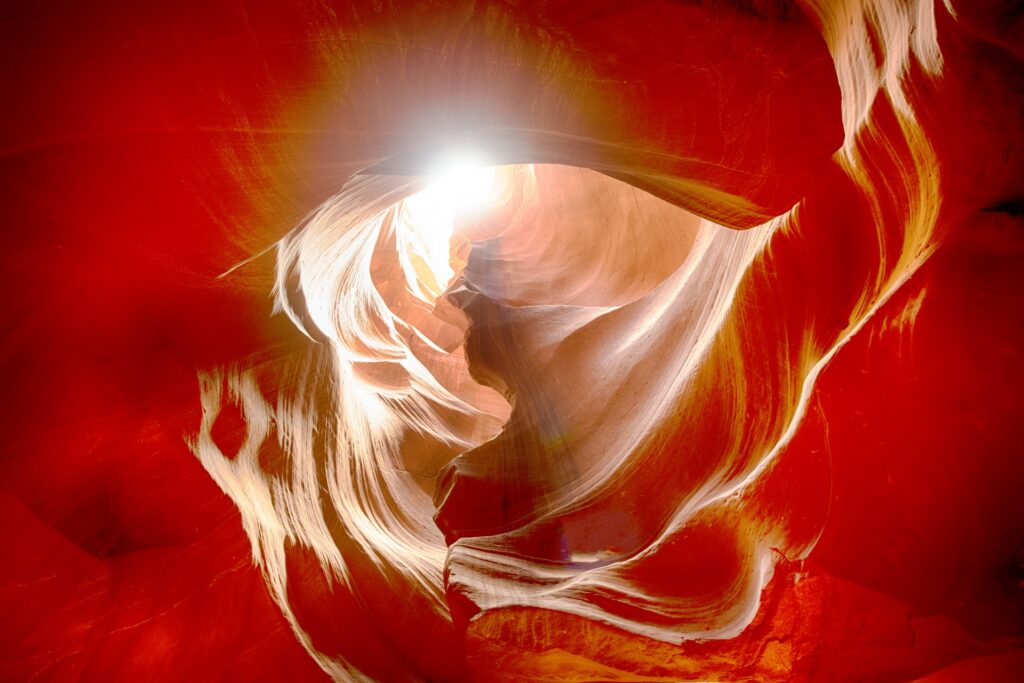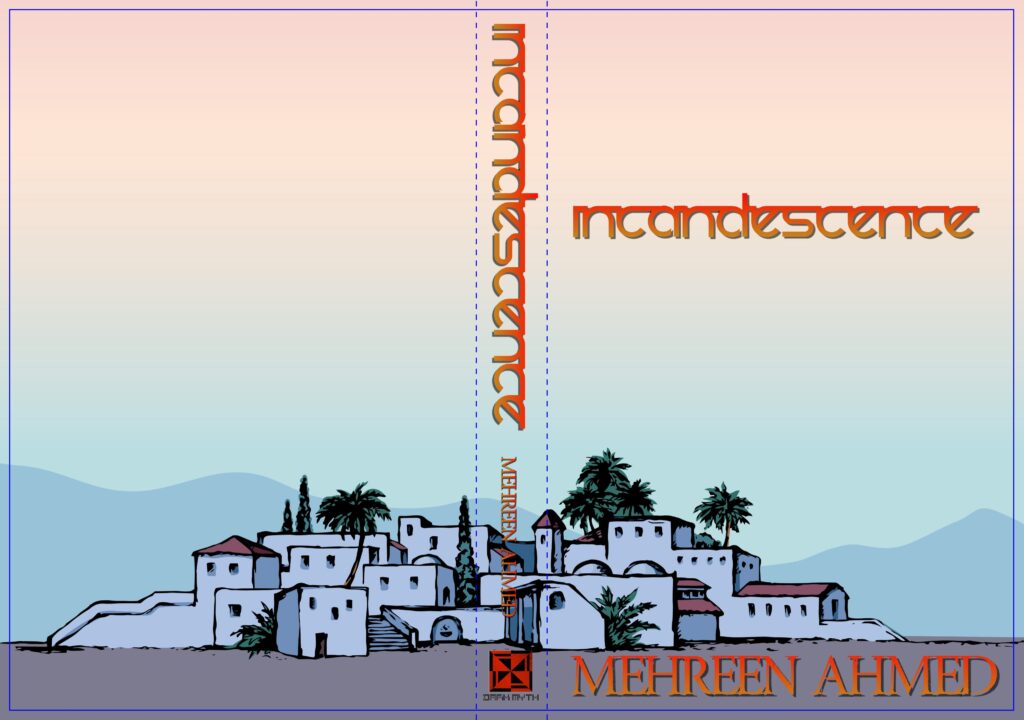Just That Damn—Bassoon! B-Bassoonios. Blisterpeckmania mustafa come o-er me, officer, to plunge the knife fast and hard into this plank so many times. But I knew, and will tell you—as I have told all others I know to the point that I also know, yes—I know that’s why they’ll not have no to do with, no to do with me, nothing to do with me, not at all, because—I’ll sign-seal this ack anywax you want, to melt my signature over with, th’t she; didn’t love me. Didn’t want me. Just that damn—bassoon! Play that big cylindrical, brick, Guatemonia! Play out for hot-damned, that damned brick! She got letters. She got letters. She got lots and lots o’ letters; see them showering down over, all over—just like some old TV a la Como—and, yes. She was even beginning to swipe out beyond her visions, to snag in some new ones to form; and, get this, m’ yes, get. This. Get this and get this; yes this; Pop big Bassoon Family Arkestra, she meant to call it. Retch! Or, mayhaps some ‘um of a son of a brass-banded sycophant said, Do this, and do it, do it, and all—and that would dig her under more deeply, but, what? Why, big officer? Here I am all just a-practice; all just a-practice, ta plunge my knife down, into this plank. My knife. Because in-because; didn’t love me. Didn’t want me. Just that damn—bassoon! So; anyway. As I catch this breath, there, hey, gotcha—I ended up well, no. She it was left; and how it was, was that the spot where the long of her ‘assonio lay down encased safely i’ black every night, was morning, when—by luck I was moved to rise pre-fourayame t’ vomit—that the long where she left her instrumentinio every single day, now lay empty and I even double-checked after retching—like after retching—you know—the after-retch fog we all commonly call it, but not one can imagine what any of the other’s after-retch fog beholds back like. That cleared, aided by a wave of maybe my left, or no it was definitely my right-spreading outpalm, I beheld she was gone, and; here were are now as we are here now and even five six one word moments ago even as we’ve been here here, has, inexorably—just like her, become—a pseudo-history—for what reason it’s pseudo I won’t bo-o-o-ore you wit’ now, just; didn’t love me. Didn’t want me. Just that damn—bassoon! Gone! Yes, gone! Tossed from the theatre; can’t behave before wild-played bassoonios. Or two or three. But when’s none, then; okay. With his wife, whop’ bought tickets. Okay, Jan. This night better be good I seek san’ said so; here it is. So here came the next she, slotted all solidly, then. Great! ‘cause she’s a real plop. We clicked. No taste for bassoonery here (a memo to confirm that upon entry, please) (a day’s anticipation regarding B-Bassoonios.) and even that much of her residue, flushed way by time, yas the floors were very clean, very smooth, yes the days were ‘lso eh eh eh, there’s nothing real to bitch on no mo’, mommy, so that’s our little Sonboy, you are so good, we always, your pappy and I, knew you’d be good. And your it would be good, and the her you finally bumped into all a-fusion would be nothing if not perfectly good as well, and, as parental controllers be damned, they’re always right cause we have then ‘e have then and it we got to have them may as well turtle-up gundra-down and feelin’ all right. All swanny? Hoke. Watcha’ doan’, Uncle Pete? Meditating. Walk on the back barnyard. Within which how gosh how I swear up to God hung way too many pictures of her dead sailor-sons. Thuswise, Genie; the bag-chapter this history’s, every morning of this great big good marriage that long narrow floorslot where that other’s ‘ssoonio lay each and every now happily contained nothing—no, Sam, it’s fine. Let it stand—and that was good. Rearrange—the cosmos’ fat smiling slid up me her and them slid us out slid in the mud of click contentmentition, but, pseudo. There it is, Mr. Super. Here’s your three eighths open-ended—from the dark-nenunderisque o’ his Studebaker of it may have been any make any model any car any color, just make sure—to not spoil the boy! Make him do his own welding! E-e-e-oine day confused after an overnight new year there it was all sneaky on the other side and it did all click but my fear came back came; didn’t love me. Didn’t want me. Just that damn—bassoon! It suddenly lay there again. O right there. Now; brace yourself, sailors, as this seems a sign of brewing trouble, so passing well clear of this big surprise, the morning came up on over, like it does, how it does, if you just let it come without duck or dodge, it washes over, purifies and simplifies, and any bad humor good not white truck oh, yes. Run outside clutch’d dollar bill’d memory flattens, and flattens, hear the Good Humor ice cream jingle come on, mommy; until the way ahead’s perfectly smooth so after sliding from the bedroom very carefully not looking at the thing once on the other side of the doorframe some money, mommy; that awful wakend’y upp’ng sense of the world being too hard to handle down the stairs please a little money, mommy; the gravity flowed everything down to the next lower flat into the room of the morning’s expansion over deep smelling egg toast coffee buttering muffintoasts bread and frypopping bacon—filthy plate knife and spoon—the sense being that, food will waken all pores, and it was at the big food room table across from her, that we floated to the center the question, slash statement, of eh eh did you see that thing out my side of the bed this morning that’s never been there even once since the wedding hip hitch kick ‘ick ya yo whoooa—what’s that thing anyway? Forked her way down onto the plate with a tap tap, shifting side chairwise, she said, Oh, you mean the bassoon. That what you mean? That bassoon? Yes. That’s what I mean. Yah. I was cleaning the attic yesterday—had to be done sometime or later ‘fore our end-up’s arrive, but so, eh, there was this probable bassoon in a big padded case. Not knowing at first what it was, I looked inside; and here there everywhere inside, curled ‘round the black barrel was this picture here, see tee hee, see—here. Reaching for it pushed out her hand slid it out laid down flat. As I did always wonder so how they make those machines spit the turnpike pay tickets out flat like that. Machines so sturdy that in rain shine hot cold dark light into th’ most blinding blizzardry, the spat of the charges-slip never fails to function—not once. Not once. Or at least not once ever I could see. Picking the picture up showed there we were me he and she her being her and me, after her first bassonionostio recital. Shaky as her performance had been, we stood for this picture, in perfect symmetry, wearing perfectly interchangeable smiles ’fore some flowers and—for Hackensack, it says, this exit, that money, no problem. Perfectly pictures sharp as knives ticket, think, I got it. And I drove off away after saying, Oh, God. Yes, I remember that. I—I’m surprised she didn’t take the bassoon with her when she left. Ot. Left? Havoonehmetra? Yah. I—I suppose we ought to send it to her, she must have been in a hurry. Uh? Y’ ‘ee’ hurried to leave, hurried, eh eh hurried up the hell up to leave awk. Y’ know? Cabanaman. Like that. What? P-practi-chinneo. I thought you said—said she passed. Oof; slap; sudden confusion; burrowed her face; thus acted fast, so what, mister cop; do not witness the suffocation of anything first hand; such sights are life-altering so ‘o s’ so so dip; uh ah that bassoon was so loved that bassoon was so loved heck ah didn’t love me. Didn’t want me. Just that damn—bassoon! —here it is praises all pr’ hear what what’d I say? Why the look—thank God something got said to her while we were under, must have been said by God hisself, maybe, but; whoever, who knows, ‘s here; how can you send it to her, you said she passed quickly; snap, just like that. How can you went it, we send it, you, we, us, when the ground’s where she’s at? Was or t’will be and never, and if never, as you say; why did you say that? This big bassoon; that is what this it, isn’t it, right? I swear to God, no! I was right about it, wasn’t I? Crap, no, oh I don’t know my instruments that well. I scarcely know instruments at all. But—was it indeed a bassoon? And—why’s you say what you said? Very odd. Look down up left then ahead, soothe, I—I don’t know. Now and then, well—please don’t be angry but I wish I could hear her play the bassoon one more time. Yes, her bassoon; that didn’t love me. So-so didn’t want me. That. Just that hot-damned. Bassoon! Yes indeed, it was. Hey, listen, she said, come around, arm around. What? I am so sorry—but—tell you what; let’s knock off to the shore today. That’ll lift things. Okay. BlasterShout’s splinterfix; to be used sparingly; but, so; yes, thank God. What a slip, and a fall. But no wise fatal, praise God in high heaven. We went to the beach of waves down the sand set in the scorch of in rest of the day sans umbrella. Out through the mottled green foamy surf’s surface sure there were unknowns, sure, maybe grief loss fear and sadness heaving inside those waves, but; gesundheit; o the words grief that fl’ loss ‘ow out those f’ fear ‘eelings, the twis’ sadness ‘ted, ‘mpossible to thank the Lord enough that slip was gotten away with, then, at home. After she shrouded herself back the sliding glass doors gave way to the release of the loudspraying scaldyjet of her shower, yes, sneak, sneak, yes, as a shower once started must go through to the end without—interruption—quick get that bassoon take it out back behind the garage that’d do until the right time to bury comes over. Be it gone. Want it gone now, but, but; nothing’s by the bed where it was means hurry the shower’s half over she must have put it back hurry in the attic bu’ hur’ there was no time for that how could ‘ry ‘t it cannot be but okay hurry ‘cause the water’s shut the doors rattling in their steel tracks don’t lay a finger in there then slide or you will come up bloody, after all you’re not so special. Anybody’s finger would but bap boop so; get it wherever it is soon as possible. Destroy it and that will be the end of that. My my, that was a quick shower, dear oh, yah, well I guess maybe it was. Excuse me step aside from blocking the way to her dresser; didn’t want me didn’t love me just that—null, nothing, that out of bound address is forbidden and so must be dead swat call an ambulance there’s something in that creek back behind here. Swat! Swat’ All gone big sudden fly how. Satisfying. But; then. Ko. Honey, I got a surprise, a big one, great big one, h-hey remember back ‘n I found that bassoon? Okay. Why? I’ll cut right down to it. I’m taking up bassoon. Want to play it. Ain’t that great? Flash—vacuum, mass, airsuck’d from ‘round me; and, but—I held she said oh o the look in your eyes was so sad that day I been haunted truly haunted, y’ I been truly very haunted o’ the empty in your eyes; so had to do something, you know how it is, when you simply have to need to do something to fix something bad; something wrong; terrifyingly sad empty cold dry dead, well I have. So, officer, see? Now can you see? I have why I am out here practicing haunted, why I’m plunging this knife hard deep loud into this plank dozens or hundreds or less may times? It’s practice, I have been, practice, it’s haunted, truly haunted. Yup yes yah I got to do what I got to do right the first time, eh eh ah up, grip, down, slam; the vibration up the arm—means you’re alive haunted up, grip, down, slam; the vibration up the arm and again haunted must stop it up grip slam vibration can’t let bassoonery happen again, but, practice up, grip down slam haunted no no more bassoonery never again stop up grip down slam do it right, officer, I’m sure you get it, officer. Can’t not love me. Can’t not want me. Just that damn—bassoon!
Jim Meirose’s work has appeared in numerous venues. His novels include “Sunday Dinner with Father Dwyer”(Optional Books), “Understanding Franklin Thompson”(JEF), “Le Overgivers au Club de la Résurrection”(Mannequin Haus), and “No and Maybe – Maybe and No”(Pski’s Porch). Info: www.jimmeirose.com @jwmeirose











